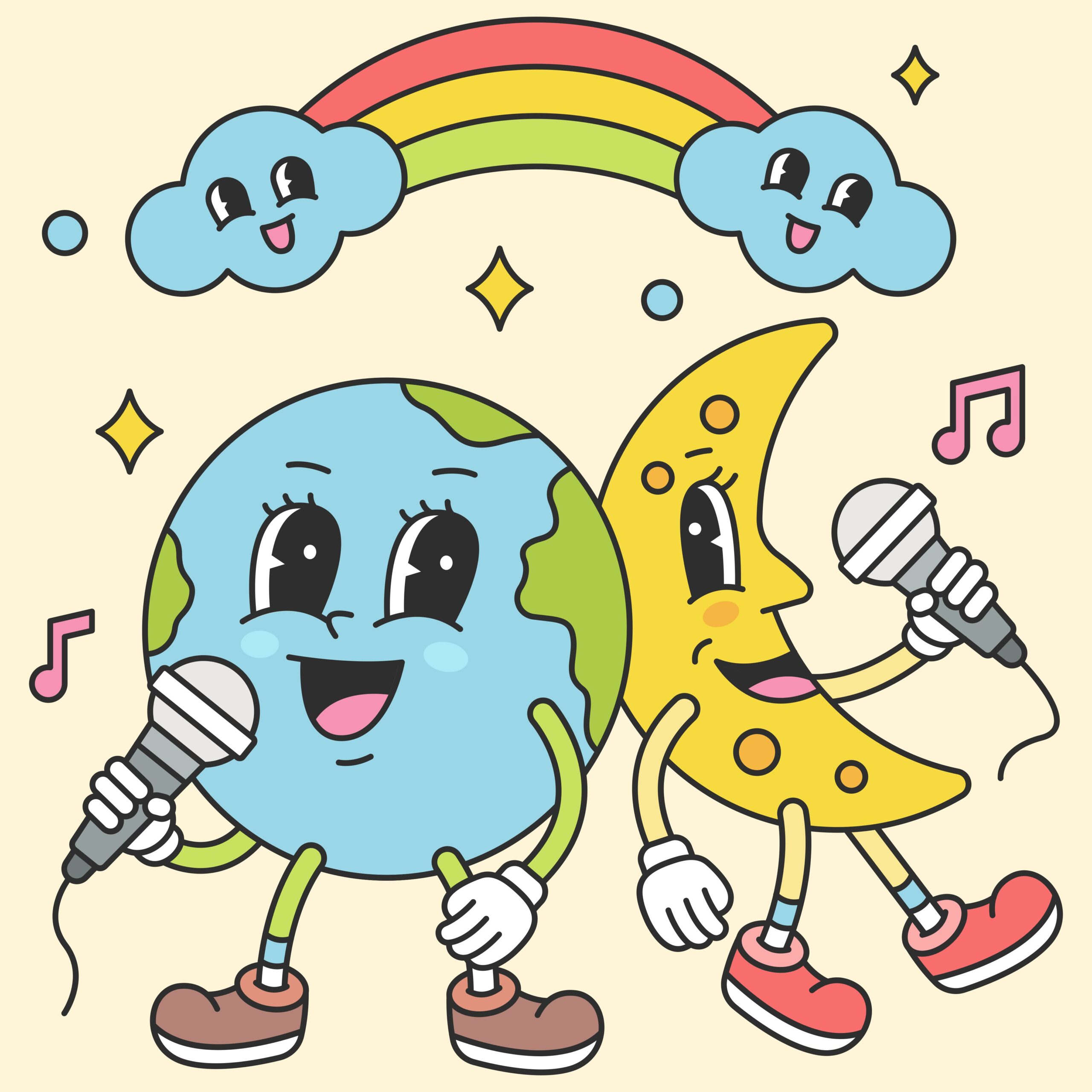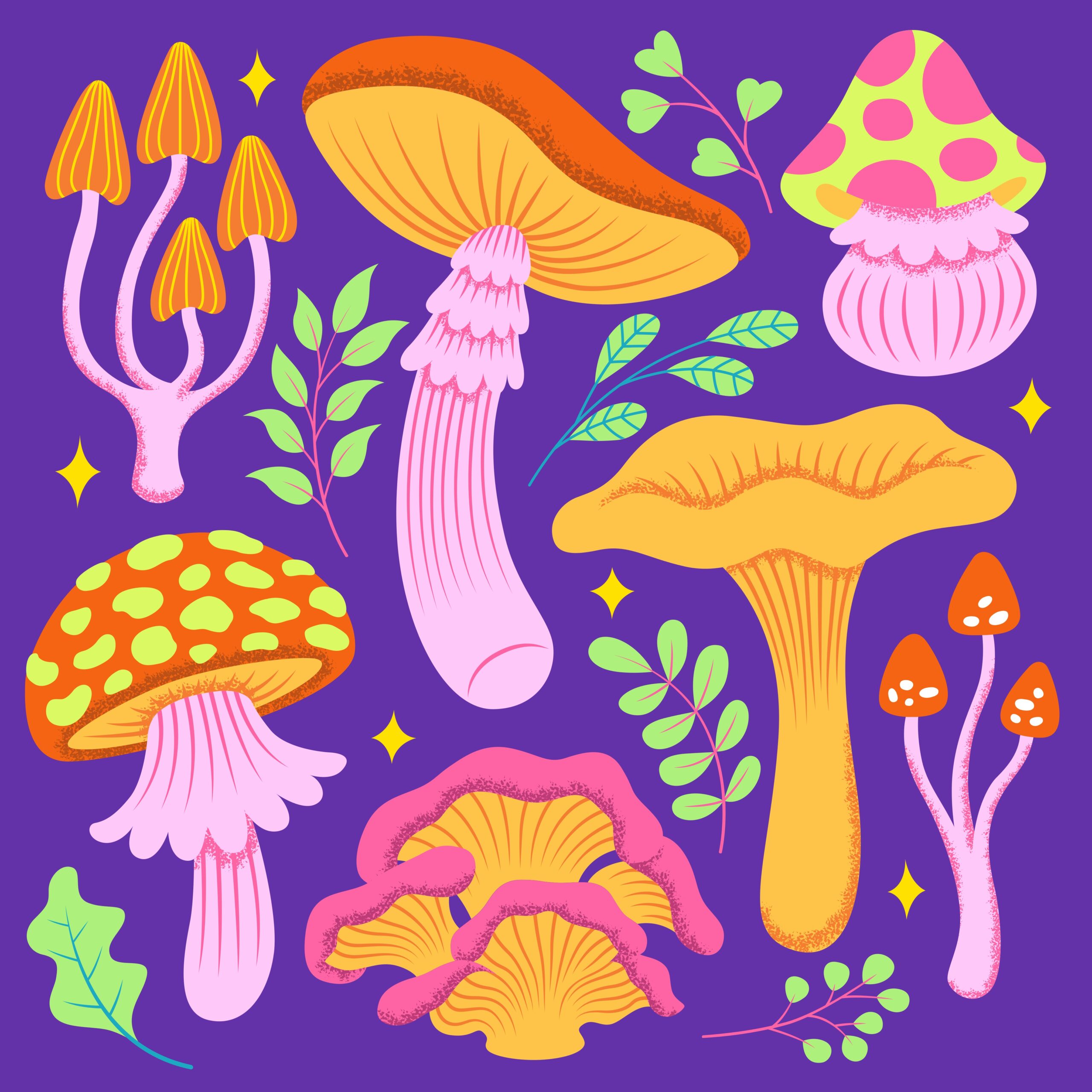 Beat Marketing
Beat Marketing The Importance of Expressing Your Musical Identity in Words as a Beatmaker
As a beatmaker, being able to clearly express your musical identity in words is extremely important. Although music is n...
 Beat Marketing
Beat Marketing  Beatmaking Tips
Beatmaking Tips  AI Music
AI Music  Beat Selling Site
Beat Selling Site  Beat Marketing
Beat Marketing  Beat Marketing
Beat Marketing  Beat Marketing
Beat Marketing  Beat Marketing
Beat Marketing  Music NFT
Music NFT  Music NFT
Music NFT